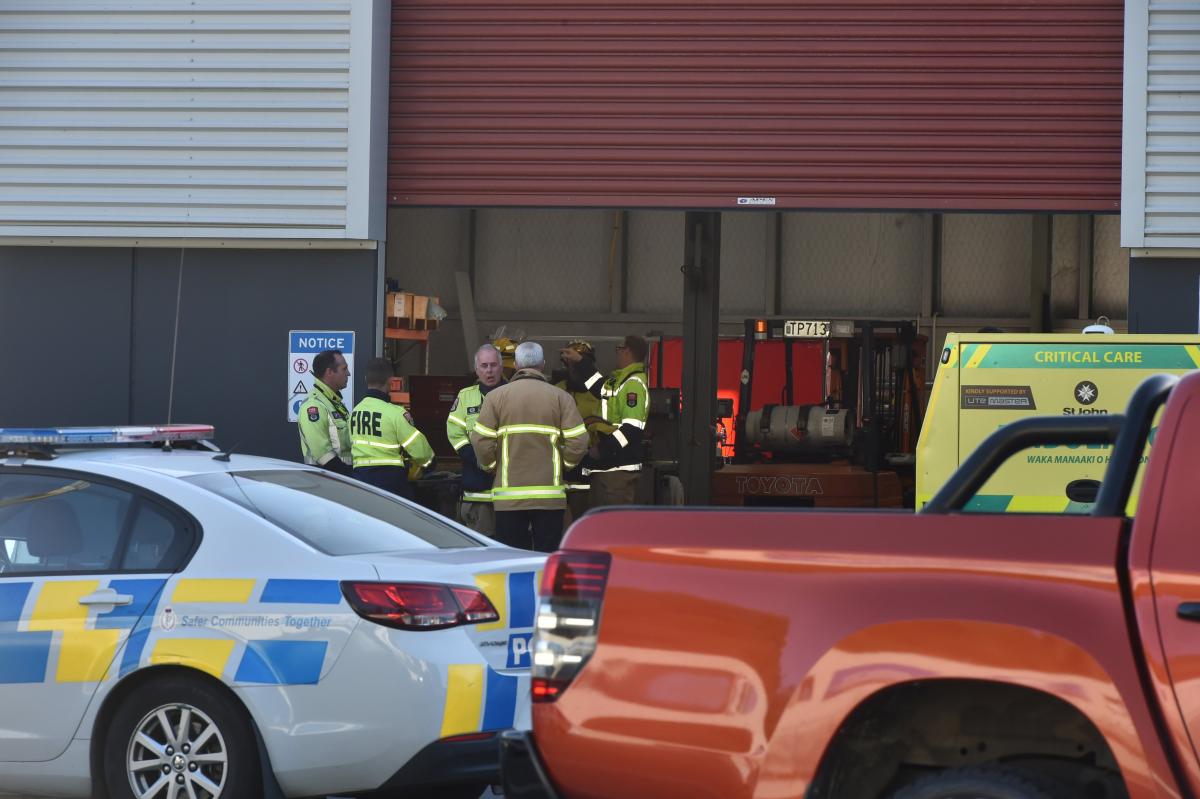Associate Finance Minister David Seymour today said New Zealand had “woeful” productivity growth and was “one of the hardest countries in the developed world for overseas people to invest in businesses”.
“Those two facts are closely linked. We are introducing reforms to improve New Zealand’s overseas investment laws. The package will speed up decisions and provide more confidence to investors, while protecting our national interests.
“Overseas investment can support economic growth because when workers work with better tools and technologies, they are more productive and get paid more.”
According to Seymour, the reforms will:
- Better acknowledge the benefits investment can provide to New Zealand’s economy
- Require decisions on overseas investment to be made within 15 days (excluding residential land, farmland and fishing, or if the investment “could be contrary to New Zealand’s national interest”
- Strengthen the government’s ability to intervene “on the rare occasion that a transaction is not in the national interest”
- Give Land Information NZ more powers to grant consent without involving ministers
“High-value investments, such as significant business assets, existing forestry and non-farmland, account for around $14 billion of gross investment each year,” Seymour said.
“Cabinet has agreed to remove the barriers for these investments, while retaining existing protections for residential land, farmland and fishing quota.
“Nearly every other developed country has less obstructive laws than New Zealand. They benefit from the flow of money and the ideas that come with overseas investment.
“If we are going to raise wages, we can’t afford to ignore the simple fact that our competitors gain money and know-how from outside their borders.”
Last year, Seymour said New Zealand’s policy settings on investment were the “worst in the developed world”.
Housing and Associate Finance Minister Chris Bishop made similar observations, “saying complex overseas investment laws are holding the build-to-rent sector back”.















